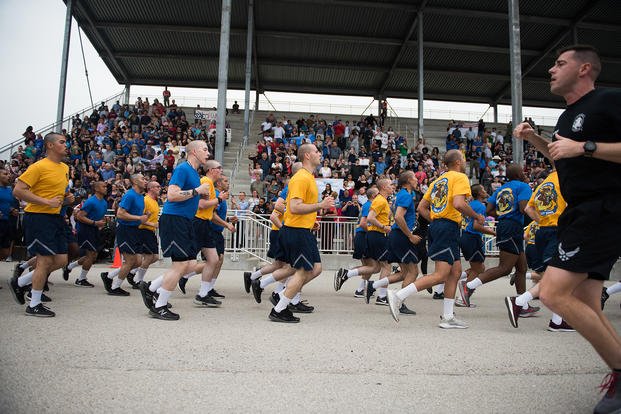If you are in the fitness business, it should not surprise you that there is science behind progress. Progress can be analyzed with biology, anatomy, physiology, physics, exercise science and more. However, many people achieve their fitness goals and are happy with their results without having to read scientific methodologies. Regardless of whether you are following an evidence-based approach in your fitness programming, there is still fundamental science that helped you achieve those goals.
If you read scientific studies, and I recommend you do, it is easy to get overwhelmed by the results of studies that often disprove other studies. How does this impact you and your training, you may ask? It depends mainly on a few things:
-
Your current fitness level
-
Your future fitness goals
-
What is your FITT status? The FITT principle stands for frequency (how often you train), intensity (how hard), time and type (of training and goals you are trying to achieve).
There is a term fitness science is typically fascinated with, and that is optimal. What is the optimal method to achieve results? Depending on the above, finding a scientific study that helps you with your programming may or may not be possible.
Here are some references to scientific studies:
Use the National Institutes of Health Database (PubMed): Type in your search and you will see a list of many applicable studies and many that are not so applicable as well. If you like learning something new, take a read. You may find something that confirms the validity of your current program or may cause you to ask questions about a better way. Another option is the Strength and Conditioning Journal Database, but there are many more that focus specifically on training issues that may affect you.
If you are training to be in the military or Special Ops, your training needs to be at a higher level than the average American, but it does not need to be on par with that of an Olympian or professional athlete. Most scientific studies may not apply to you, as many are seeking to find the optimal methods to maximize performance in a given sport. But trying some workouts a few times a week isn't going to kill you, either.
Take military swimming, for example. You do not need Olympic or collegiate swim times to pass even the toughest schools, like BUD/S, PJ Training, RECON, Combat Dive School or Rescue Swimmer training. You need to be competent in the water but also great on land. You won't see a competitive swimmer doing shuttle runs for agility and long rucks for endurance in addition to swimming workouts unless military service is in their near future.
Some relevant studies with this audience:
The goal of this article is to ask you to be open to new approaches and never be 100% certain that your way is the best way to get results. It is good to ask questions and find the source of your workout routine to make sure a generic workout program fits your needs. Be smart enough to alter the programming to address your weaknesses specifically. Sometimes a simple one- or two-week test of a method to get stronger, lose weight or run faster will answer your question about whether something works for you.
My last piece of advice: If you have a fitness test to pass, train for the fitness test specifically. Take the test as a workout once a week a few months before the actual test. If this test is dependent upon your keeping or losing your job or getting a better job, you have to practice it to reach your optimal level.
Stew Smith is a former Navy SEAL and fitness author certified as a Strength and Conditioning Specialist (CSCS) with the National Strength and Conditioning Association. Visit his Fitness eBook store if you're looking to start a workout program to create a healthy lifestyle. Send your fitness questions to stew@stewsmith.com.
Want to Learn More About Military Life?
Whether you're thinking of joining the military, looking for fitness and basic training tips, or keeping up with military life and benefits, Military.com has you covered. Subscribe to Military.com to have military news, updates and resources delivered directly to your inbox.




















